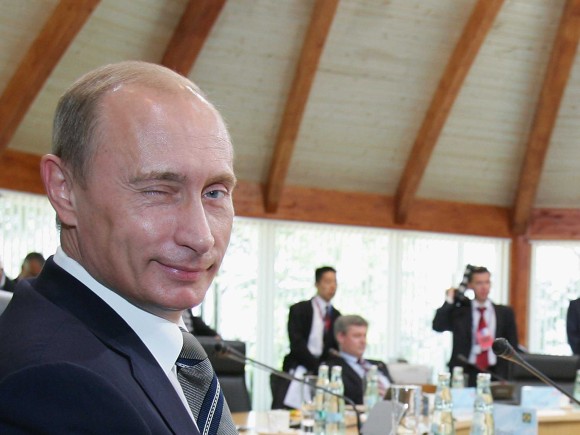Time after time, when progressives urged her to
embrace criminal justice reforms as a district attorney and then the state’s attorney general, Ms. Harris opposed them or stayed silent. Most troubling, Ms. Harris fought tooth and nail to uphold wrongful convictions that had been secured through official misconduct that included evidence tampering, false testimony and the suppression of crucial information by prosecutors.
Consider her record as San Francisco’s district attorney from 2004 to 2011. Ms. Harris was criticized in 2010 for withholding information about a police laboratory technician who had been accused of “
intentionally sabotaging” her work and stealing drugs from the lab. After a memo surfaced showing that Ms. Harris’s deputies knew about the technician’s wrongdoing and
recent conviction, but failed to alert defense lawyers, a judge condemned Ms. Harris’s indifference to the systemic violation of the defendants’ constitutional rights.
Ms. Harris contested the ruling by arguing that the judge, whose husband was a defense attorney and had spoken publicly about the importance of disclosing evidence, had a
conflict of interest. Ms. Harris lost. More than 600 cases handled by the corrupt technician were dismissed.
In 2014, she declined to take a position on Proposition 47, a ballot initiative approved by voters, that reduced certain low-level felonies to misdemeanors. She
laughed that year when a reporter asked if she would support the legalization of marijuana for recreational use. Ms. Harris finally
reversed course in 2018, long after public opinion had shifted on the topic.
In 2015, she opposed a bill requiring her office to investigate shootings involving officers. And she refused to support statewide standards regulating the use of body-worn cameras by police officers. For this, she incurred criticism from
an array of left-leaning reformers, including Democratic state senators, the A.C.L.U. and San Francisco’s elected public defender. The activist Phelicia Jones, who had supported Ms. Harris for years, asked, “
How many more people need to die before she steps in?”




